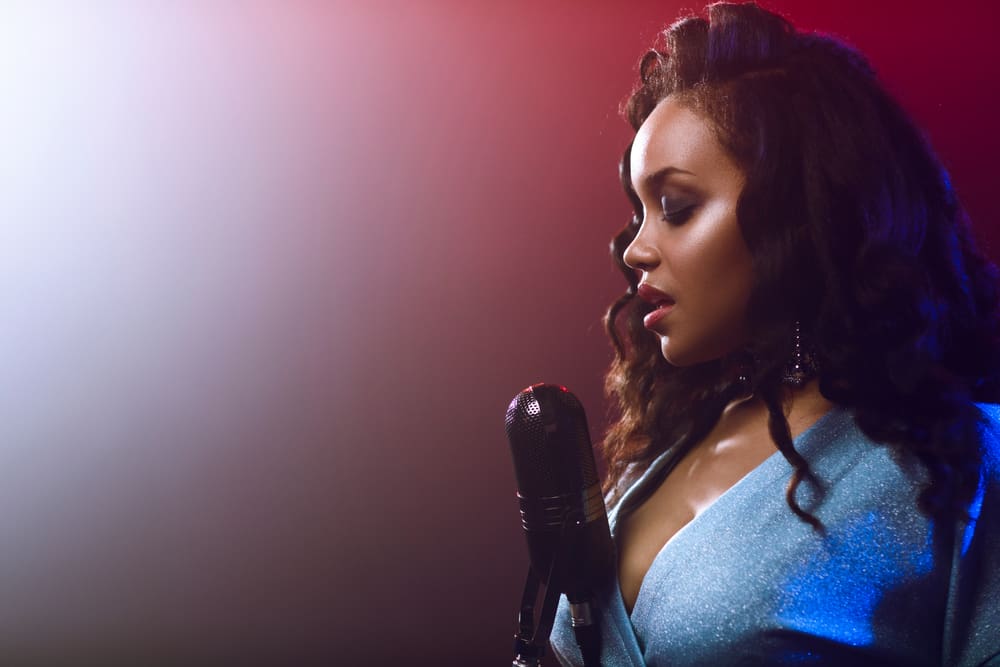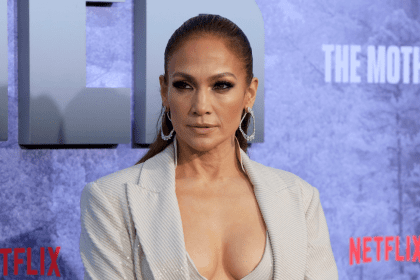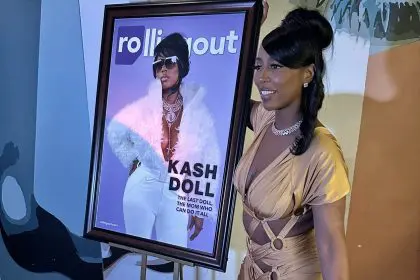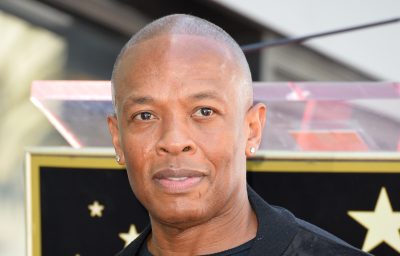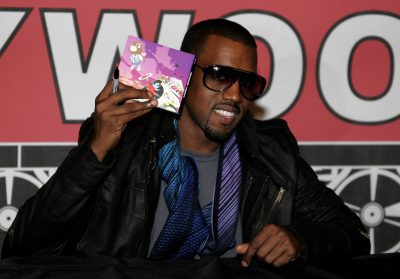The music industry has undergone a notable transformation with an upsurge in the prevalence of songs characterized by sexually explicit lyrics, particularly those performed by women. For many, this represents a form of artistic expression that is empowering and liberating, challenging traditional boundaries and fostering a sense of autonomy. However, this artistic freedom has not been without its share of scrutiny, as a mounting concern has arisen regarding the potential implications of such content in perpetuating sexism. By unraveling the motivations behind this artistic choice, we aim to shed light on the intricate interplay between creative expression and societal attitudes, specifically in shaping perceptions of gender roles.
Historically, music has been a powerful medium for self-expression, allowing artists to convey their emotions, experiences and perspectives. In the realm of popular music, the inclusion of sexually explicit content is not a new phenomenon. However, the recent prominence of female artists openly embracing and celebrating their sexuality has sparked both admiration and criticism.
The influence on perceptions of women
One concern is that sexually explicit lyrics from female artists may contribute to the objectification of women. When women consistently present themselves in a sexualized manner, it can reinforce stereotypes and contribute to the societal view that a woman’s worth is tied to her physical appearance and desirability.
This trend may inadvertently send mixed messages to audiences, especially younger listeners who may struggle to differentiate between artistic expression and real-life expectations. The normalization of sexually charged lyrics could potentially impact the way women are perceived in various spheres of life.
Encouraging sexism through commercialization
Another aspect to consider is the role of the music industry in promoting and commercializing sexually explicit content. In some cases, artists may feel pressured to conform to industry expectations, contributing to a cycle where provocative content is disproportionately rewarded. This commercialization can reinforce the idea that explicit lyrics are not only acceptable but desirable for commercial success.
As the music industry capitalizes on sensationalized narratives, the risk of perpetuating harmful stereotypes and encouraging sexism becomes more pronounced. Balancing artistic freedom with social responsibility is a delicate task, but one that requires careful consideration to avoid unintended consequences.
Empowerment versus accountability
It’s crucial to acknowledge the importance of female artists expressing themselves authentically and reclaiming their narratives. However, this empowerment should not come at the expense of reinforcing harmful gender dynamics.
Artists have the power to be both authentic and socially responsible. By leveraging their platforms to challenge societal norms and promote positive change, they can contribute to a culture that celebrates diversity without perpetuating harmful stereotypes.
The discourse surrounding women singing sexually explicit songs is a complex tapestry woven with threads of artistic freedom, empowerment and social responsibility. The convergence of these elements requires a delicate navigation to ensure that the liberating aspects of creative expression do not inadvertently contribute to societal ills.
This story was created using AI technology.

